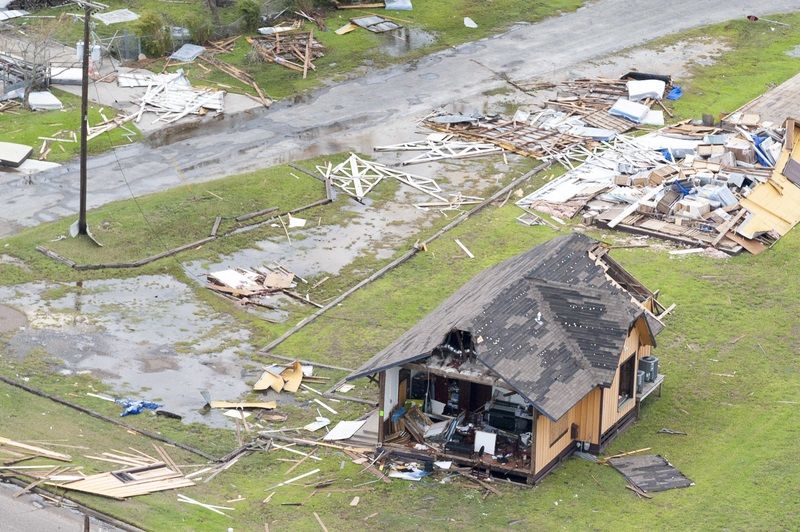Author: Dave Moore
USA Today Op-Ed
Published Sept. 30, 2018
Hurricanes like Florence are force majeur under environmental laws — chance and unavoidable accidents: Opposing view
Three years ago, the Environmental Protection Agency placed restrictions on new coal-ash storage and disposal areas as part of laws enacted 30 years ago to address solid wastes. Ash basins must now meet stringent location, integrity and environmental standards or be closed.
Closures are to be completed within five years, with extensions of up to 15. Revisions to these rules this year didn’t change that; they provided more time to align assessments with other federal rules for coal plants.
Coal ash is produced from power generation relied on by many Americans. Following comprehensive studies, EPA classified coal ash as nonhazardous waste and recognized the positive benefits of using ash in cement and wallboard. Agency rules ensure the safe use and disposal of ash.
Hurricane Florence wreaked havoc on communities and hampered coal-ash storage closure efforts underway in the Carolinas. Hurricanes are force majeur under environmental laws — chance and unavoidable accidents.
OUR VIEW: Hurricane Florence plus man-made policies leave a toxic legacy
The EPA and states grant hurricane waivers for thousands of environmental facilities and cleanups. Permits recognize the impossibility of meeting conditions during the largest rains and floods. Hurricanes will affect future cleanups of ash and federal Superfund sites; we just don’t know when.
A release of any contaminant during extreme weather is not optimal, but it does not mean policies are wrong-headed or corners are being cut. The nation is addressing wastes generated and disposed of over several decades, and it will take some time to properly assess and safely close ash basins.
Under state and federal laws, companies will continue to responsibly close these facilities.
Dave Moore is a partner with Earth & Water Law’s Atlanta office.




